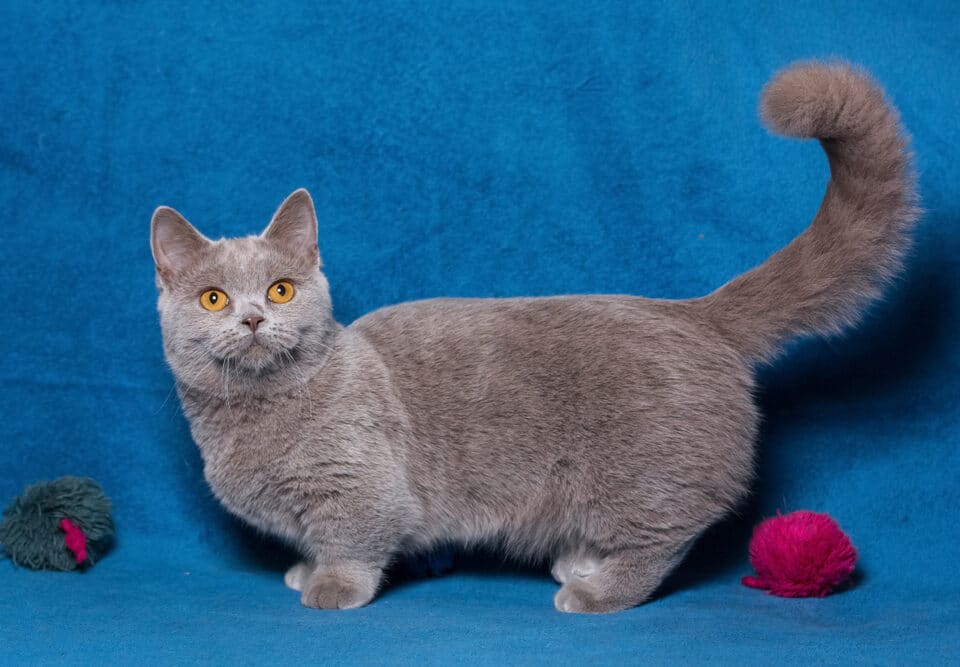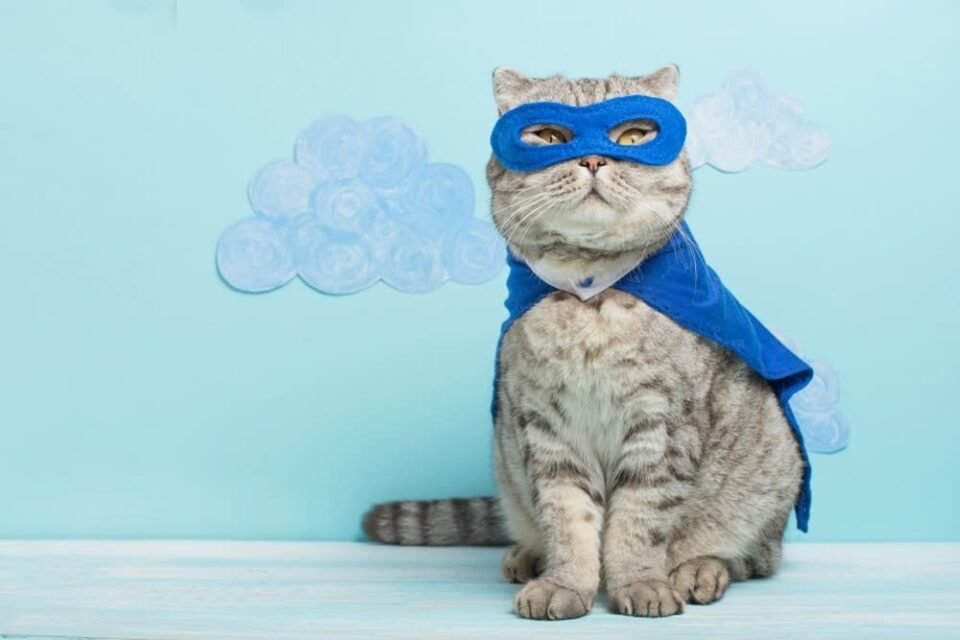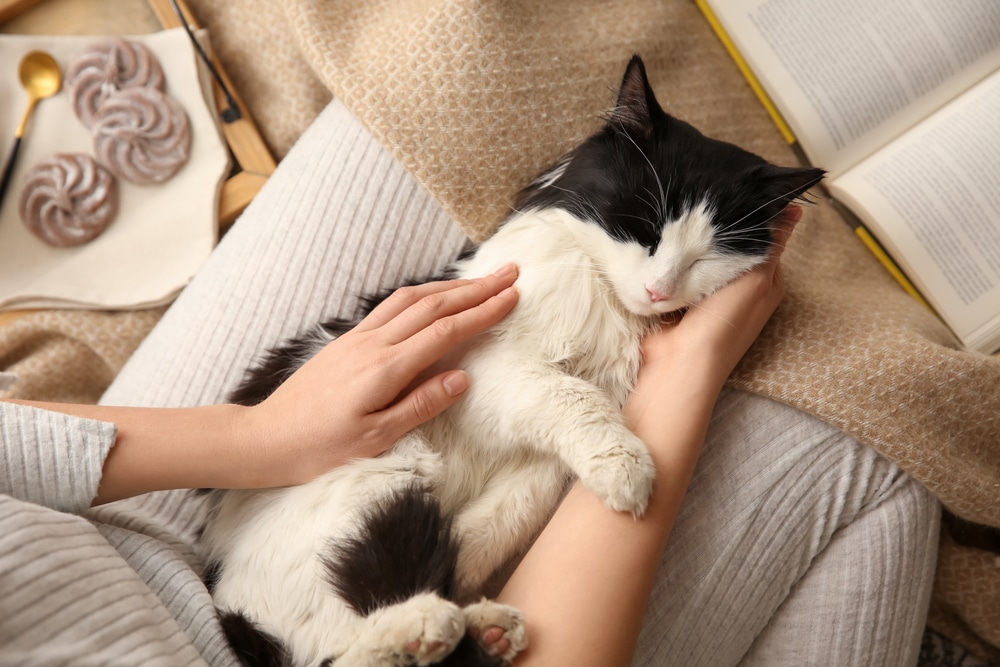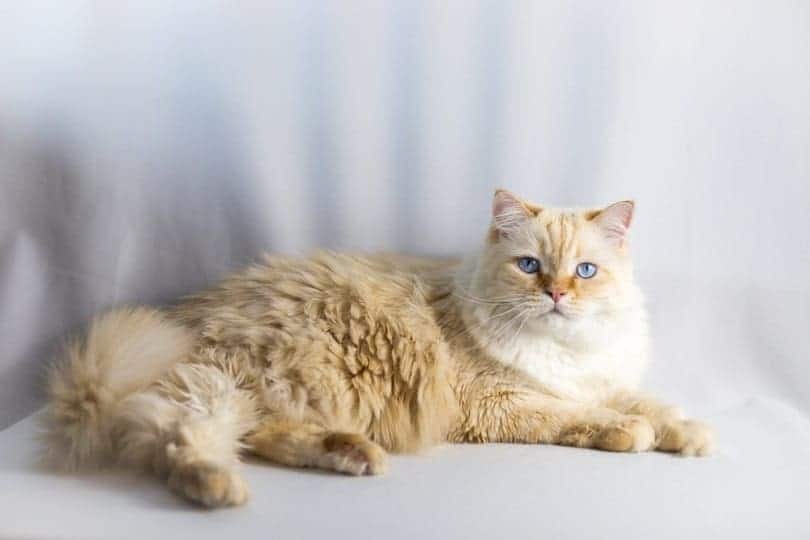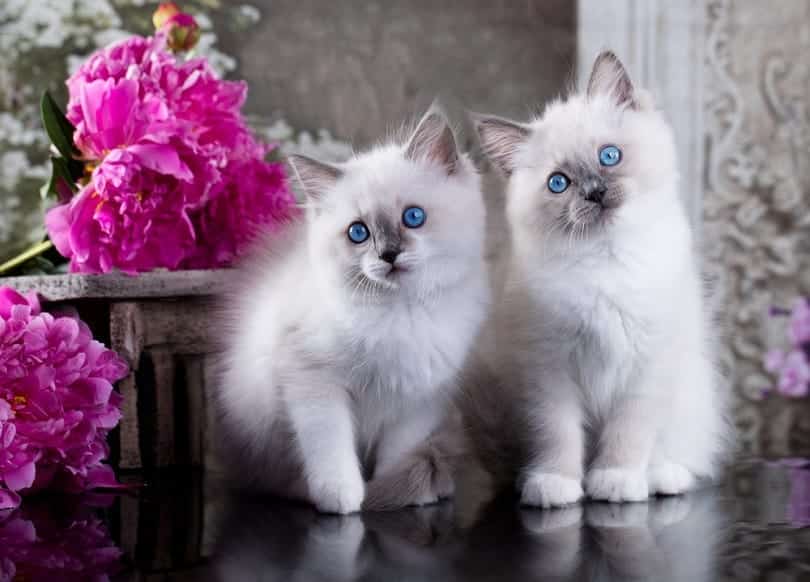Welcome to the fuzzy world of the Munchkin British Shorthair cat mix! If you’re a fan of felines, this charming blend offers a delightful mix of personalities. Known for their short legs and varied appearances, these cats keep their owners guessing—will your kitty have the chubby-cheeked charm of a British Shorthair or the playful spirit of a Munchkin?
Though they may look a little quirky, these cats make wonderful companions. Combining traits from both parents, they’re affectionate yet independent, perfect for those seeking a unique pet. They thrive in apartments, fitting easily into your lifestyle. In this article, we’ll delve into everything from their energy levels to grooming needs. Let’s explore this endearing hybrid!
A Snapshot of the Breed
Munchkin British Shorthairs are visually intriguing with their compact stature and wide mix of colors. Typically weighing between 6 and 17 pounds, these cats are suitable for any living space, especially apartments. While their height can vary from 5 to 10 inches, their life expectancy extends from 12 to 20 years, offering plenty of time for shared adventures.
Their character can surprise even seasoned cat lovers. Each kitty may inherit different traits from its parents, leading to a captivating mix that’s both affectionate and unpredictable. These cats are ideal for pet lovers who enjoy a bit of surprise. While not suited for those firm on particular traits, their charm lies in their unpredictability.
Spotting a Munchkin British Shorthair Kitty
Despite their cuteness, Munchkin British Shorthair kittens aren’t common. The short legs of the Munchkin gene mean they often inherit the adorable stubby-legged trait. Still, finding these kittens takes dedication—you might even have to travel to meet your future furry friend!
If you are lucky enough to locate a breeder, ensure they’re reputable. A good breeder will provide health clearances and answer any questions confidently. They should have a deep understanding of the breed mix, so make sure to do thorough research before expanding your cat family.
Temperament and Personality Traits
Personality among these felines can vary, but one thing stays constant: they’re affectionate and friendly. These kitties are bred to be companions, fitting seamlessly into our homes.
Although mostly outgoing, each cat’s temperament can differ. Some may be more needy, others playful—a lack of predictability adds to their charm. Despite this, early socialization is key to raising a friendly Munchkin British Shorthair.
Ensuring they are accustomed to various environments as kittens leads to more confident adults. This breed loves attention, yet some can be quite independent, making them great for almost any home environment.
Are They Family-Friendly?
Munchkin British Shorthairs are generally suitable for families, accommodating different family dynamics well.
The wide range of personalities means some cats will adjust to family life better than others. Introducing them to different people and animals early ensures they remain friendly as they grow. Family exposure, including children, is essential since it fosters familiarity.
Cats seeing children as an inherent part of their world are less likely to be fearful, increasing their comfort at home. It’s a balance of exposure and positive reinforcement that helps in nurturing a well-adjusted feline.
Dietary Needs and Preferences
While they don’t have specific dietary requirements, Munchkin British Shorthairs might have a tendency toward laziness, affecting their diet plans. Ensuring they consume a balanced diet helps them maintain their health and weight.
Being obligate carnivores, these felines prefer meat-based diets. Opt for foods with whole meats or meat meals. If their activity level is on the lower side, adjusting their food intake is crucial to prevent obesity and related health issues.
Keeping Them Active
With naturally shorter legs, Munchkin British Shorthairs might not leap as high as others, but they aren’t couch potatoes either. Encouraging exercise through activities like climbing or interactive play is vital to their health.
Playtime doesn’t just prevent boredom—it tightens the bond between you and your cat. Regular play sessions keep them fit, and using interactive toys within their environment can add an extra zest to their routine.
Even when you’re away, providing toys that engage them mentally and physically ensures they stay active and content. Using their daily kibble as a reward can motivate them to move more, making playtime fun and rewarding.
Training Your Munchkin British Shorthair
Training might not come easy as they’re less inclined than dogs, but with patience, they can learn. Start with crate training for easier travel—they should see the crate as a safe space.
Acclimating them to handling, such as holding their paws or touching their belly, aids in grooming and health checks. This mixed breed is smart but requires consistency for training success.
Leaving the crate accessible, luring them with treats or catnip, makes them feel secure in it. When traveling, familiar environments ease stress, reinforcing good training practices.
Grooming Needs
These felines have relatively low grooming needs due to their short coats, minimizing the fuss of fur maintenance. Brushing them weekly helps manage shedding and keeps their coat pristine.
Start grooming early to lessen stress as they age. Their grooming routine is straightforward, and trimming nails might be needed based on activity level.
Providing plenty of scratching posts helps keep nails naturally trimmed, reducing the need for extra grooming.
Health Considerations
Being mixed breed offers them a general health advantage, but they can still inherit bone growth issues from the Munchkin lineage. Conditions like lordosis and osteoarthritis are possible, particularly if they have shortened legs.
Monitoring their health is crucial. Regular vet check-ups ensure any conditions are caught early, preserving their quality of life.
Despite mixed-breed vigor, they remain susceptible to certain ailments, highlighting the importance of well-rounded care and attention.
Male vs Female: Any Differences?
There aren’t significant differences between males and females, apart from the general traits seen across all cats. Males may be more prone to marking or roaming, while females might be slightly smaller in size, especially if not spayed.
Munchkin British Shorthairs have no exceptional gender-specific traits, ensuring that whichever gender you choose, you’ll have an equally lovable companion.
Choosing between a male or female often comes down to personal preference, since their temperament is more influenced by upbringing than gender.
Intriguing Facts About Munchkin British Shorthairs
With such a mixed gene pool, this breed doesn’t adhere to standardized traits—they’re a grab bag of surprises, with each kitten offering something unique.
Not all of them inherit the signature short legs; some Munchkin British Shorthairs sport longer limbs, so don’t be set on the short-leg look!
Their unusual legs might be adorable, yet they bring potential health risks. While lively and charming, it’s crucial to stay informed about their unique needs to ensure a fulfilling life.
The Munchkin British Shorthair cat mix brings a delightful blend of surprise and charm into any home. With their varied personalities and loving nature, these cats can be the most endearing companions, fitting perfectly into different family scenarios. Their unique traits make them a joy, promising years of companionship and love. Embrace the unpredictability and enjoy discovering the delightful quirks this hybrid offers.
